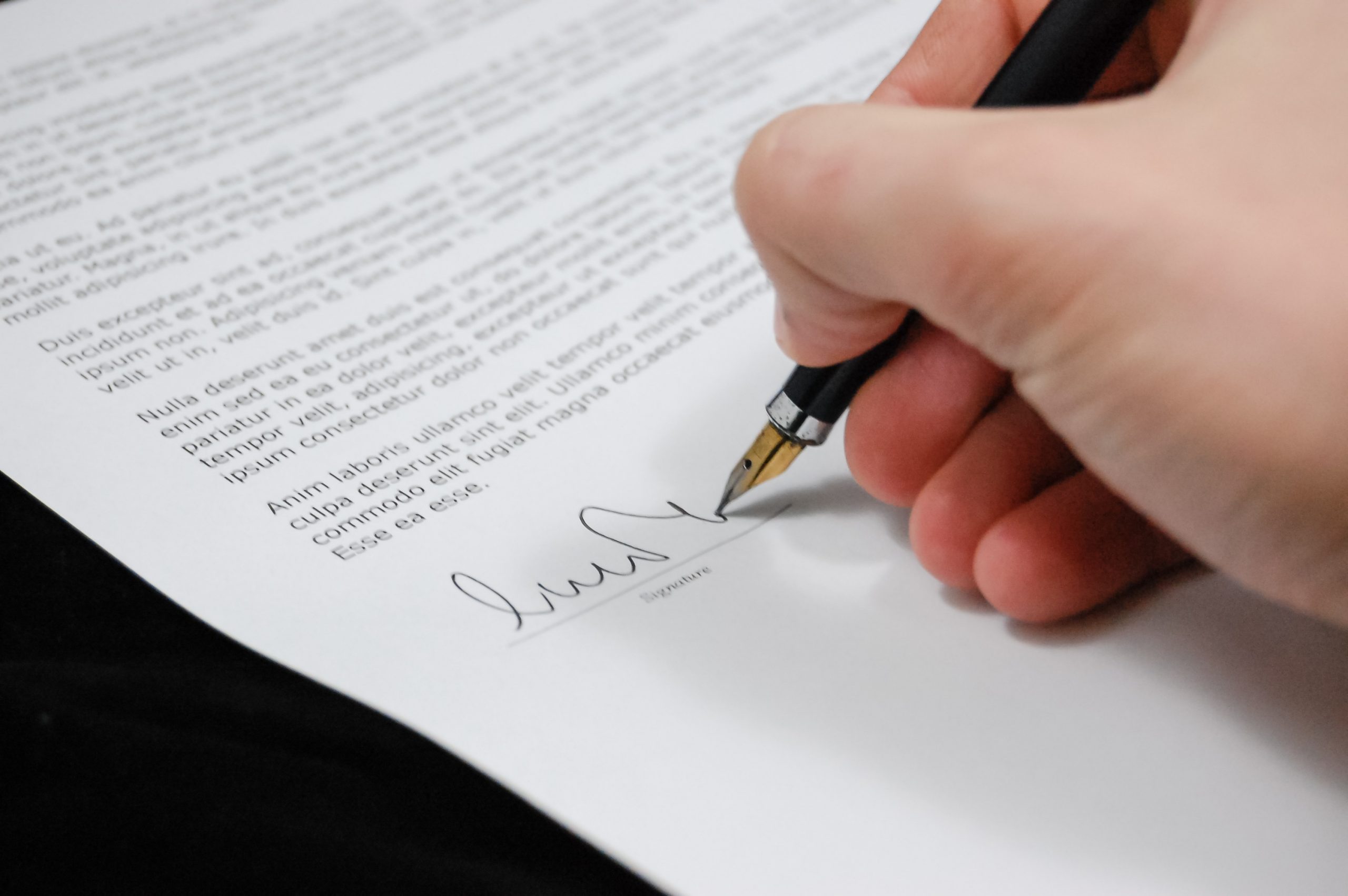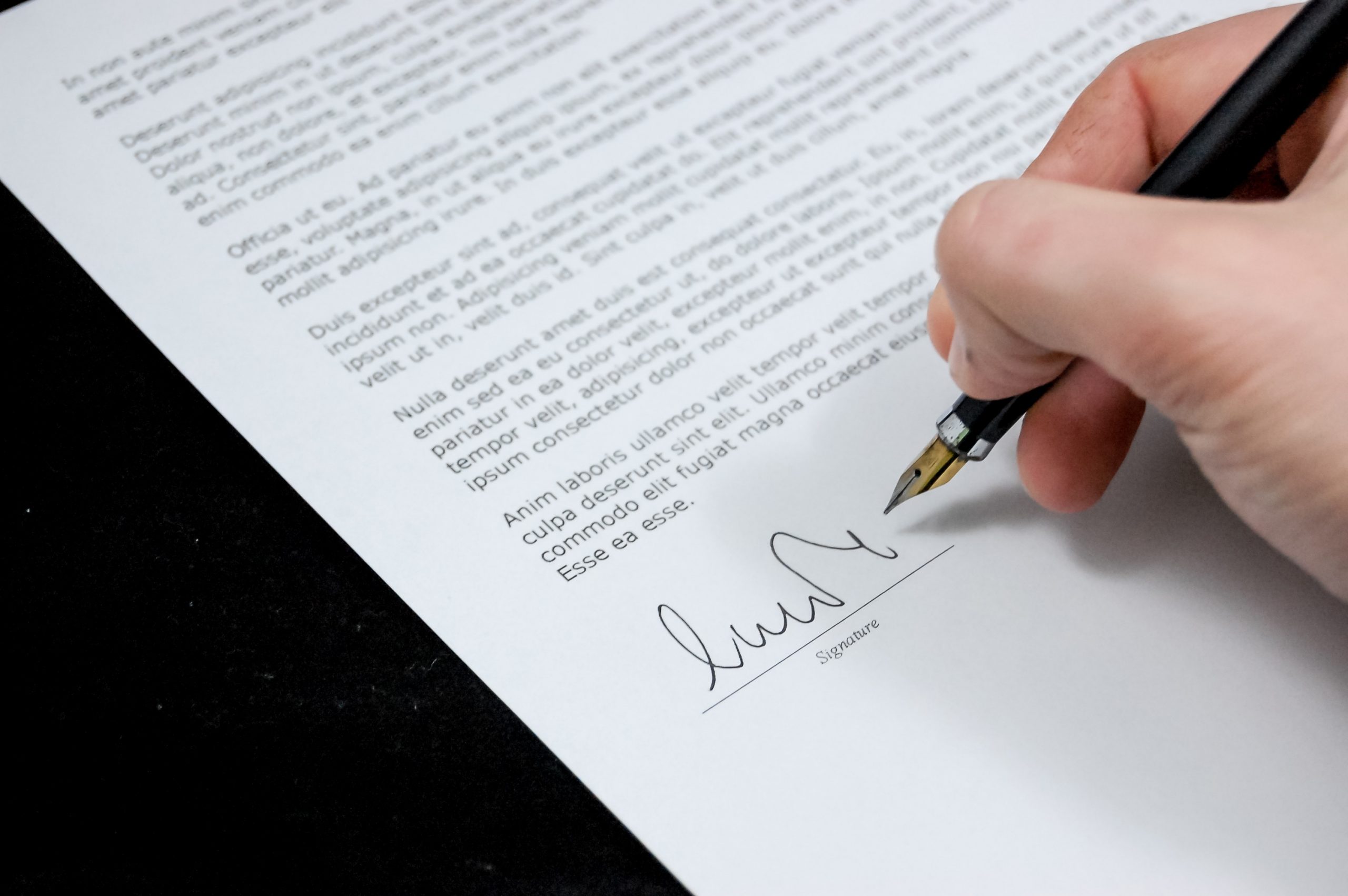In this article, you will discover essential strategies to prevent defamation claims in Utah. As a lawyer specializing in business law within the state, it is crucial to equip yourself with the knowledge and tools necessary to protect your clients and their reputations. Defamation claims can have severe consequences for businesses, both financially and in terms of reputation damage. By understanding the legal requirements surrounding defamation, maintaining accurate and truthful communication, and actively monitoring and addressing potential risks, you can effectively safeguard your clients from such claims. Now, let’s explore the key steps you can take to mitigate the risks and avoid costly legal disputes.
Understanding Defamation
Defamation is a serious legal matter that can have significant consequences for individuals and businesses alike. In the State of Utah, it is crucial to have a comprehensive understanding of defamation laws to avoid potential legal issues. This article will outline the defamation laws in Utah, explain the elements of defamation, provide tips for avoiding defamation claims, discuss best practices for online speech, explore defenses against defamation claims, address handling defamation allegations, discuss damages in defamation cases, and offer insights into reputation management. By the end of this article, you will have a solid understanding of how to navigate the complexities of defamation law in Utah and proactively protect your reputation.
Defamation Laws in Utah
Utah Defamation Statute of Limitations
Defamation claims in Utah are subject to a statute of limitations, which means there is a specific time limit within which a claim must be filed. In Utah, the statute of limitations for defamation is one year from the date the defamatory statement was made or published. It is essential to be aware of this time limit to ensure that your rights are protected within the prescribed timeframe.
Types of Defamation Recognized in Utah
In Utah, two types of defamation are recognized: slander and libel. Slander refers to spoken defamatory statements, while libel pertains to defamatory statements made in writing or other permanent form. Both slander and libel can have equally damaging consequences and may result in legal action if they meet the elements of defamation.

Elements of Defamation
To establish a successful defamation claim, certain elements must be present. Understanding these elements is crucial in avoiding defamation claims and in defending oneself if accused of defamation.
False Statement of Fact
The first element of defamation requires the presence of a false statement of fact. Opinions, jokes, and exaggerations are generally not considered defamatory because they are subjective in nature. However, if a statement presents itself as a factual claim and is false, it may potentially constitute defamation.
Publication
The statement in question must be published or communicated to a third party to establish defamation. It is not necessary for the statement to be widely disseminated; even a single person hearing or reading the statement can be considered sufficient for publication.
Harm to Reputation
The third element of defamation involves proving that the statement has caused harm to the reputation of the person or entity being defamed. This harm can manifest as damage to one’s personal or professional reputation and may result in financial losses or other tangible harms. It is crucial to demonstrate a causal link between the defamatory statement and the harm caused.
Tips for Avoiding Defamation Claims
While navigating the realm of free speech and avoiding defamation claims can be challenging, adhering to the following tips can help mitigate the risk:
Stick to the Facts
When discussing individuals or entities, it is essential to stick to provable facts and avoid making unsubstantiated claims. Ensure that you have accurate information and refrain from making false statements or spreading rumors.
Be Aware of Opinion vs. Fact
Differentiating between opinions and factual statements is crucial. Clearly express that your statements are opinions based on your own judgments or experiences. Clarifying subjective statements can help minimize the risk of defamation claims.
Cite Your Sources
If you’re discussing or referencing information obtained from other sources, be diligent in citing those sources accurately. By providing proper attribution, you can demonstrate that your statements are grounded in reliable information and potentially mitigate the risk of defamation claims.
Use Disclaimers and Qualifiers
Consider incorporating disclaimers and qualifying statements to ensure that readers or listeners understand the non-definitive nature of your statements. Clarifying that you are expressing an opinion or that your claims are speculative can help avoid potential defamation issues.
Be Respectful and Professional
Maintaining a respectful and professional tone is crucial when discussing others. Avoid engaging in personal attacks or using derogatory language. Focus on the facts and present your arguments or criticisms in a respectful manner to minimize the likelihood of defamation claims.
Consider the Context
Context plays a significant role in determining whether a statement may be construed as defamatory. When communicating, consider the overall context, the audience, and the potential impact of your words. This awareness can help you effectively communicate without crossing the line.
Seek Legal Advice
When in doubt about the potential defamatory nature of your statements, it is advisable to seek legal advice from a qualified attorney who specializes in defamation law. An attorney can help you navigate the complexities of defamation laws and provide guidance tailored to your specific situation.
Best Practices for Online Speech
The rise of the internet and social media has created a new landscape for communication, presenting unique challenges when it comes to avoiding defamation claims. These best practices can help you navigate the online realm safely:
Social Media and Defamation
When using social media platforms, exercise caution and restraint. Remember that your posts can be seen by a broad audience and potentially be shared widely. Avoid making defamatory statements and ensure that your posts are grounded in factual information. Be respectful when engaging in online discussions and refrain from posting defamatory content or engaging in cyberbullying.
Online Reviews and Defamation
Providing feedback and reviews online can be beneficial, but it is crucial to ensure that your statements are fair, truthful, and based on your personal experiences. Avoid making defamatory accusations or exaggerating claims about individuals or businesses. Stick to the facts and provide constructive feedback that can help others make informed decisions.
Cyberbullying and Defamation
Cyberbullying is a serious issue that can have devastating consequences for individuals. It is important to remember that engaging in online harassment, spreading falsehoods, or making defamatory statements can lead to legal action. Be respectful, considerate, and abide by the principles of online etiquette to avoid crossing legal boundaries.
Defenses Against Defamation Claims
In the event that you are accused of defamation, several defenses may be available to protect your rights and reputation:
Truth as a Defense
One of the strongest defenses against defamation claims is proving the truth of the statement in question. If you can establish that the statement is factually accurate, it may serve as a defense against defamation allegations.
Privilege
Certain situations afford individuals and entities limited immunity from defamation claims. Privilege can apply to statements made during legislative proceedings, court proceedings, or in certain professional contexts. Understanding the scope and limitations of privilege is essential in building a defense against defamation claims.
Consent
If the subject of the statement has consented to its publication or communication, it may serve as a defense against defamation claims. However, it is crucial to ensure that the consent obtained is valid and legally binding.
Legal Remedies in Response to Defamation Claims
If you are faced with a defamation claim, it is essential to consult with an experienced attorney who can guide you through the options available to protect your rights. Legal remedies in response to defamation claims can include issuing retractions or apologies, pursuing settlement negotiations, or, if necessary, engaging in litigation to defend your reputation.

Handling Defamation Allegations
Receiving a defamation allegation can be unsettling, but responding promptly and appropriately is crucial in maintaining your reputation. Here are some steps to consider:
Responding to a Defamation Allegation
When faced with a defamation allegation, it is vital to respond promptly and constructively. Assess the validity of the claim and, if appropriate, issue a respectful and well-considered response. Avoid engaging in confrontational or defensive behavior, as this may further escalate the situation.
Gathering Evidence
To effectively respond to a defamation allegation, gather all relevant evidence to support your position. This can include any documentation, communications, or witnesses that can attest to the truthfulness or lack of harm caused by the allegedly defamatory statement. Keep thorough records to strengthen your defense.
Negotiation and Settlement
Depending on the circumstances, it may be possible to resolve a defamation claim through negotiation and settlement. Engaging in constructive dialogue with the individual or entity making the allegation, guided by legal representation, can potentially lead to a satisfactory resolution that protects your reputation.
Litigation and Trial
If the dispute cannot be resolved through negotiation or settlement, the option of litigation and trial may be necessary. In such cases, it is crucial to work closely with an experienced defamation attorney who can guide you through the legal process and advocate for your rights and reputation.
Damages in Defamation Cases
If a defamation claim is successful, various types of damages may be awarded to the aggrieved party. Understanding these types of damages can help both the potential defendant and the plaintiff in assessing the potential impact of a defamation claim:
Types of Damages
Compensatory damages aim to compensate the plaintiff for the harm caused by the defamatory statement. These damages can include both economic losses, such as lost business opportunities, and non-economic losses, such as damage to one’s personal reputation.
Punitive damages, on the other hand, are intended to punish the defendant for their malicious or reckless behavior. Courts may award punitive damages in cases where the defendant’s actions can be deemed particularly egregious.
Calculating Damages
The calculation of damages in defamation cases can be complex and varies depending on the circumstances. Economic damages are usually calculated based on quantifiable financial losses, while non-economic damages may be more subjective, considering factors such as the extent of harm to the plaintiff’s reputation. It is crucial to consult with an attorney who specializes in defamation law to accurately assess and quantify potential damages in your specific case.

Reputation Management
Proactively managing your reputation is essential in today’s interconnected world. By implementing the following practices, you can safeguard your reputation:
Proactive Reputation Management
Regularly monitor your online presence, including social media profiles, review sites, and other platforms where your reputation may be at stake. Respond promptly and professionally to any negative comments or reviews, addressing concerns and seeking resolution. Regularly create and share positive content that showcases your expertise and reinforces your positive reputation.
Online Reputation Management
Engaging in online reputation management involves actively shaping how you are perceived online. This can include creating a personal or professional website, optimizing your online profiles and content for search engines, and actively managing your social media presence. By controlling your online narrative, you can enhance your reputation and mitigate the potential impact of defamatory statements.
Conclusion
Defamation claims have the potential to cause significant harm to individuals and businesses. Understanding the elements of defamation, adhering to best practices for avoiding defamation claims, and promptly addressing any allegations are essential in protecting your reputation. By recognizing the types of damages that can arise from defamation claims and proactively managing your reputation both offline and online, you can maintain control over how you are perceived and ensure the longevity of your personal or business brand. If you require legal advice pertaining to defamation law in Utah or need assistance in handling defamation allegations, it is advisable to consult with a qualified attorney who specializes in this area of law.
Frequently Asked Questions (FAQs)
1. What is the difference between slander and libel in defamation law?
Slander refers to spoken defamatory statements, while libel pertains to written or permanent defamatory statements. Both can have equally damaging consequences and may result in legal action if they meet the elements of defamation.
2. How long do I have to file a defamation claim in Utah?
In Utah, the statute of limitations for defamation claims is one year from the date the defamatory statement was made or published. It is crucial to be aware of this time limit to ensure that your rights are protected within the prescribed timeframe.
3. Can opinions be considered defamatory statements?
No, opinions are generally not considered defamatory because they are subjective in nature. Defamation requires the presence of false statements of fact. However, it is important to clearly express that your statements are opinions based on your own judgments or experiences.
4. How can I protect myself against defamation claims on social media platforms?
When using social media, exercise caution and restraint. Avoid making defamatory statements, ensure that your posts are grounded in factual information, be respectful when engaging in online discussions, and refrain from posting defamatory content or engaging in cyberbullying.
5. What are compensatory damages in a defamation case?
Compensatory damages aim to compensate the plaintiff for the harm caused by the defamatory statement. They can include both economic losses, such as lost business opportunities, and non-economic losses, such as damage to one’s personal reputation. The calculation of damages can vary depending on the specific circumstances of the case.